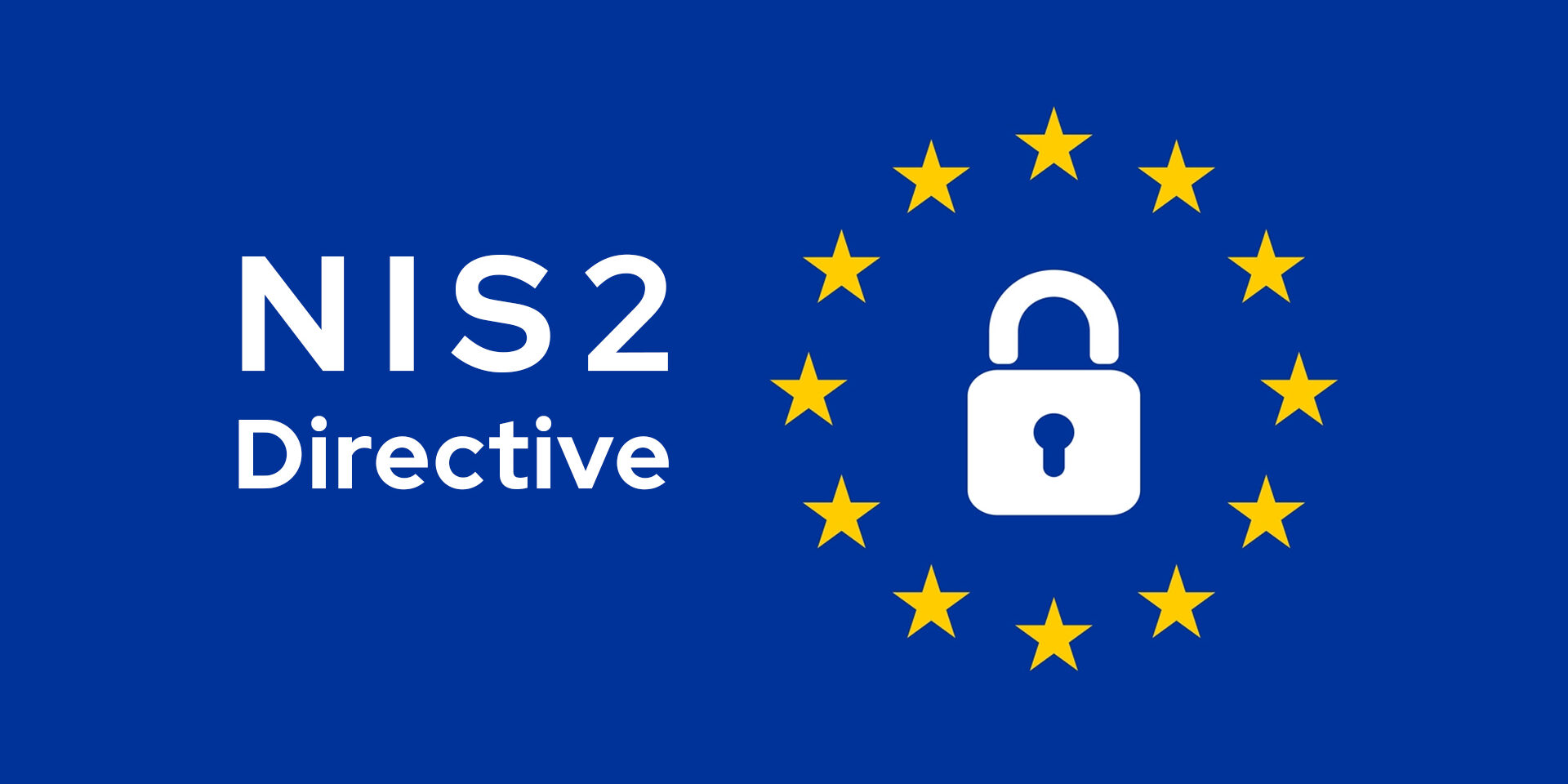![]()
Introduction
The Network and Information Security Directive, commonly known as NIS2, represents a significant advancement in the European Union’s efforts to bolster cyber security across its member states. As businesses increasingly rely on digital infrastructure, understanding and complying with NIS2 is crucial for maintaining security and avoiding penalties. This blog post will delve into what NIS2 entails and its implications for businesses.
What is NIS2?
NIS2 stands for the Directive on Security of Network and Information Systems. It is the second iteration of the EU’s legal framework aimed at enhancing the cyber security of critical infrastructures and digital services. NIS2 replaces the previous directive, NIS1, which was adopted in 2016 but had several limitations and gaps.
Key Changes Introduced by NIS2
NIS2 brings several key changes that businesses need to be aware of:
Expanded Sector Coverage: NIS2 applies to a broader range of entities that provide essential or important services to society and the economy. This includes sectors such as energy, transport, health, banking, digital infrastructure, cloud computing, online marketplaces, and public administrations.
Stricter Reporting Obligations: Businesses are required to report cyber security incidents more rigorously. This includes not only incidents that have a significant impact on the continuity of services but also those that could potentially affect the security of network and information systems.
Tougher Penalties for Noncompliance: NIS2 introduces stricter supervision and enforcement measures. Non-compliance can result in administrative fines and personal responsibility for upper management.
Risk Management and Incident Response: Businesses must adopt comprehensive risk management practices and have robust incident response plans in place. This includes assessing supply chain security and managing third-party and fourth-party risks.
Implications for Businesses
The implications of NIS2 for businesses are far-reaching:
Increased Compliance Requirements: Businesses must ensure they meet the new compliance requirements, which may involve significant changes to their cyber security policies and procedures.
Enhanced Cybersecurity Measures: Companies will need to invest in advanced cyber security technologies and practices to protect their network and information systems.
Supply Chain Security: Businesses must evaluate and secure their supply chains, ensuring that third-party vendors also comply with NIS2 standards.
Potential Financial Impact: Non-compliance can lead to substantial fines, making it essential for businesses to prioritise cyber security and compliance efforts.
Preparing for NIS2
To prepare for NIS2, businesses should:
Conduct a Compliance Audit: Assess current cyber security measures and identify gaps that need to be addressed to meet NIS2 requirements.
Develop a Comprehensive Cybersecurity Strategy: Implement robust cyber security policies, procedures, and technologies.
Train Employees: Ensure that all employees are aware of cyber security best practices and understand their role in maintaining security.
Engage with Third-Party Vendors: Work closely with vendors to ensure they comply with NIS2 standards and manage third-party risks effectively.
Conclusion
NIS2 represents a pivotal advancement in fostering cyber security and resilience across Europe’s digital landscape. Businesses must understand its requirements and take proactive steps to ensure compliance. By doing so, they can protect their operations, avoid penalties, and contribute to a safer digital environment.
